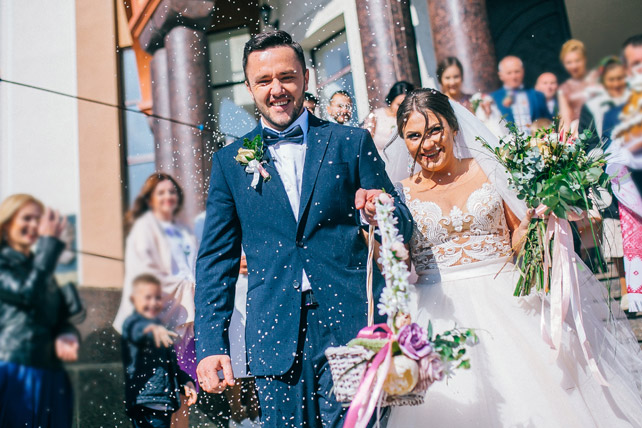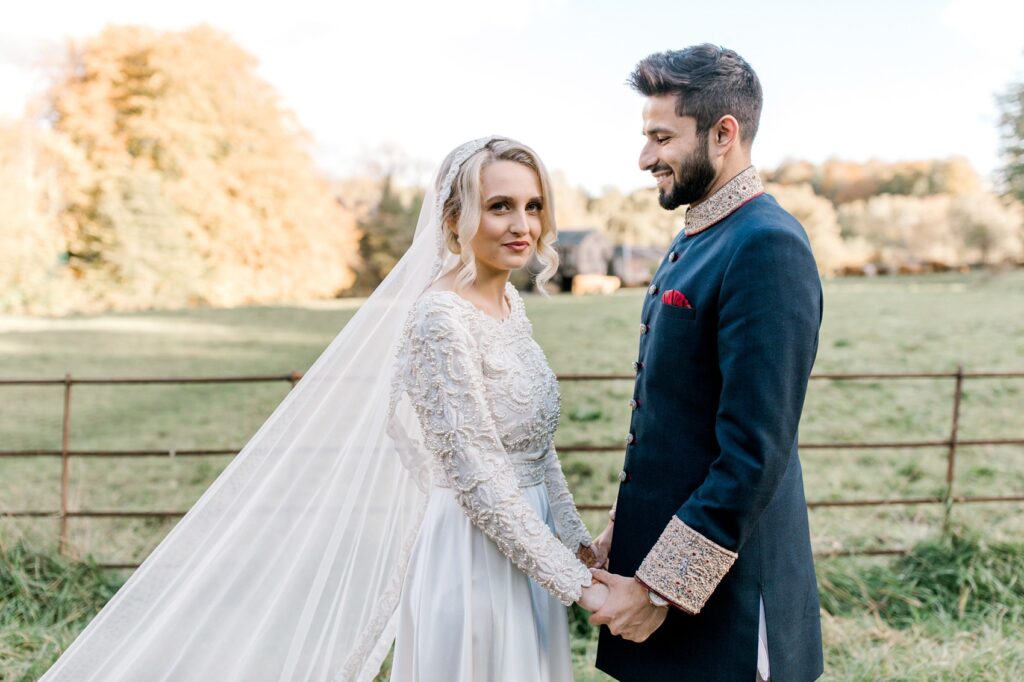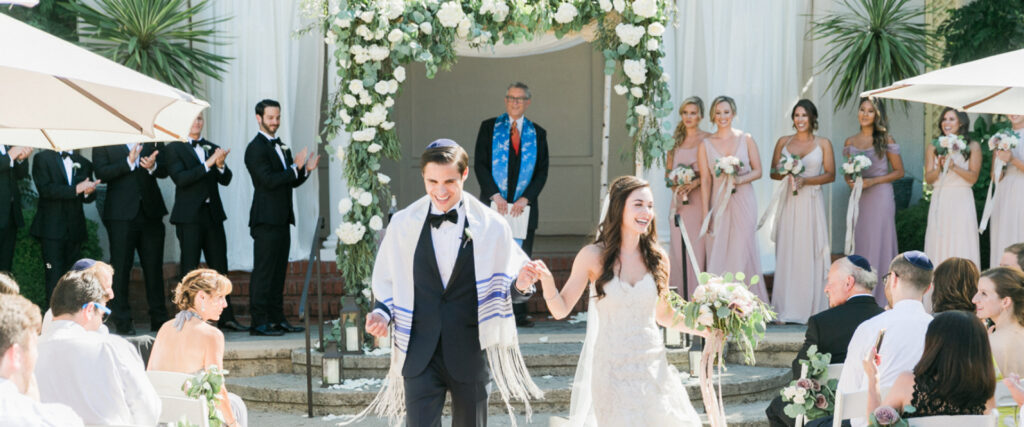Christian court marriage
An e-marriages website that offers online Christian court marriages should provide couples with a comprehensive guide to the marriage process, ensuring that they have all the information and support they need to complete the process online. The following are some essential elements that should be included in the content of an e-marriages website for online Christian court marriage:
Christian court marriage
Christian court marriage is a type of marriage ceremony that is conducted in a court of law, in accordance with the laws of the state or country. This type of marriage is popular among Christian couples who wish to have a civil ceremony that is legally binding and recognized by the state.
In a Christian court marriage, the ceremony is typically conducted by a judge or a magistrate in a court of law. The ceremony may include traditional Christian elements such as prayers, Bible readings, and hymns. However, the exact content of the ceremony may vary depending on the jurisdiction and the preferences of the couple.
To have a Christian court marriage, couples must meet the legal requirements set out by their state or country. This may include obtaining a marriage license, providing proof of identity and age, and meeting any other eligibility criteria set out by the law.
After the ceremony, the couple receives a marriage certificate, which is a legal document that proves their marriage. This certificate can be used for legal purposes, such as changing names, applying for spousal benefits, and filing joint taxes.
Christian court marriage is a popular option for couples who wish to have a legally binding ceremony without the formalities and religious aspects of a traditional church wedding. It is also a popular choice for couples who come from different religious backgrounds or who wish to have a more personalized ceremony.
In conclusion, Christian court marriage is a type of marriage ceremony that is conducted in a court of law, in accordance with the laws of the state or country. The ceremony may include traditional Christian elements, but the exact content may vary depending on the jurisdiction and the preferences of the couple. Christian court marriage is a popular choice for couples who wish to have a legally binding ceremony without the formalities and religious aspects of a traditional church wedding.
Requirement Christian court marriage
The requirements for a Christian court marriage may vary depending on the jurisdiction in which the couple wishes to be married. However, there are some common requirements that couples must typically fulfill in order to have a Christian court marriage. These may include:
Age: Couples must meet the legal age requirement to get married, which varies depending on the jurisdiction. In most cases, couples must be at least 18 years old to get married without parental consent.
Identification: Couples must provide valid identification, such as a driver’s license, passport, or birth certificate.
Marriage license: Couples must obtain a marriage license from their local government authority, which usually involves filling out an application and paying a fee.
Waiting period: Some jurisdictions may require a waiting period before the marriage license can be issued, ranging from a few days to several weeks.
Witnesses: Most jurisdictions require one or two witnesses to be present at the ceremony and sign the marriage certificate.
Officiant: The ceremony must be conducted by an authorized person, such as a judge, magistrate, or authorized member of the clergy.
Venue: The ceremony must take place in a location that is authorized for civil weddings, such as a courthouse or city hall.
In addition to these requirements, some jurisdictions may have additional requirements, such as blood tests or premarital counseling. It is important for couples to research the requirements for their specific jurisdiction to ensure that they meet all the necessary criteria for a Christian court marriage.
In conclusion, the requirements for a Christian court marriage typically include meeting the legal age requirement, providing identification, obtaining a marriage license, having witnesses present, and conducting the ceremony in an authorized location with an authorized officiant. Couples should research the specific requirements for their jurisdiction to ensure that they meet all the necessary criteria for a legal and valid Christian court marriage.
Process of Christian court marriage
The process of a Christian court marriage typically involves several steps, which may vary depending on the jurisdiction and the specific requirements of the court. However, there are some common steps that most couples will need to follow in order to have a Christian court marriage. These steps may include:
Obtaining a marriage license: The first step in the process is to obtain a marriage license from the local government authority. This usually involves filling out an application, providing identification, and paying a fee. Some jurisdictions may also require a waiting period before the license can be issued.
Selecting a venue: The couple must choose a location for the ceremony that is authorized for civil weddings, such as a courthouse or city hall.
Choosing an officiant: The couple must choose an authorized person to officiate the ceremony, such as a judge, magistrate, or authorized member of the clergy.
Preparing for the ceremony: The couple may choose to personalize the ceremony by selecting readings, music, and other elements that are meaningful to them.
Conducting the ceremony: On the day of the ceremony, the couple and their witnesses will gather at the chosen venue. The officiant will conduct the ceremony, which may include traditional Christian elements such as prayers, Bible readings, and hymns.
Signing the marriage certificate: After the ceremony, the couple and their witnesses will sign the marriage certificate to make the marriage legally binding.
Registering the marriage: The couple must then file the marriage certificate with the local government authority to register the marriage.
In some jurisdictions, there may be additional steps involved in the process, such as premarital counseling or blood tests. It is important for couples to research the specific requirements of their jurisdiction to ensure that they follow all the necessary steps for a legal and valid Christian court marriage.


Why Choose e marriage For a Christian court marriage
Convenience: An e-marriage website can provide a convenient and efficient way to handle the legal aspects of a Christian court marriage. Couples can easily access and complete the necessary forms online, and some websites may even offer online counseling or other resources to help couples prepare for their marriage.
Time-saving: By using an e-marriage website, couples can save time by avoiding the need to visit government offices in person. The entire process can be completed online, from obtaining the marriage license to registering the marriage.
Cost-effective: E-marriage websites may offer competitive pricing for their services, potentially saving couples money compared to the cost of traditional legal services.
Access to information: E-marriage websites can provide easy access to information about the legal requirements for a Christian court marriage, as well as guidance on how to complete the necessary forms and documentation.
Privacy: Using an e-marriage website can offer a level of privacy for couples who may not wish to have their personal information shared publicly in a courthouse or government office.
Overall, choosing an e-marriage website for a Christian court marriage can offer a range of benefits, including convenience, time-saving, cost-effectiveness, access to information, and privacy. However, it is important to research and choose a reputable and reliable e-marriage website to ensure that the process is conducted legally and the marriage is valid.
Christian marriage in court include
Christian court marriages, like any other court marriages, involve a legal process of getting married in a court of law. The process typically involves the following steps:
Filing of notice of marriage: The couple intending to get married must file a notice of marriage with the Marriage Registrar of the district in which at least one of the parties has resided for at least 30 days prior to the date of filing.
Publication of notice: The notice is published on the notice board of the Marriage Registrar’s office for 30 days. This is to allow anyone who may have objections to the marriage to come forward.
Objections, if any: If there are no objections raised during the 30-day period, the marriage can be solemnized. If objections are raised, the Marriage Registrar will investigate and take appropriate action.
Marriage solemnization: On the day of marriage, the couple, along with two witnesses, will appear before the Marriage Registrar and solemnize the marriage. The Marriage Registrar will issue a marriage certificate upon completion of the solemnization process.
It is important to note that the procedure for Christian court marriages may differ slightly depending on the state and country in which it is being carried out. Couples planning to get married in a court of law should consult a lawyer or seek guidance from the local Marriage Registrar’s office to understand the specific requirements and procedure for their location.
Christian marriage in court typically refers to the legal process of getting married in a court of law. While Christian marriages are traditionally solemnized in a church or other religious setting, some couples may choose to have a court marriage due to personal preferences, legal or administrative requirements, or other reasons.
A Christian marriage in court is a legally recognized union between two individuals who have chosen to get married in a court of law. The process involves following the legal procedures for marriage registration as laid out by the government of the country and state in which the marriage is taking place.
Some of the key aspects that may be involved in a Christian marriage in court include obtaining the necessary documents for registration, filing a notice of marriage, publication of the notice, and solemnization of the marriage. Depending on the laws and regulations of the jurisdiction, there may also be requirements for witnesses and other legal formalities that need to be followed.
It is important to note that while a Christian marriage in court is a legally binding union, it may not necessarily have the same religious significance or sacramental value as a traditional church wedding. Couples who choose to have a court marriage should be aware of the legal implications and requirements involved and seek guidance from legal experts or the Marriage Registrar’s office in their locality to ensure that the process is carried out smoothly and according to the law.


Church of England marriage
The Church of England is the established church in England and is the mother church of the worldwide Anglican Communion. Christian marriage within the Church of England is a sacred and important institution that is deeply rooted in tradition and faith.
To be married in the Church of England, at least one of the partners must be a baptized Christian and the ceremony must take place within a church building that is licensed for marriage ceremonies. The couple must also provide notice of their intention to marry to the vicar of the church or the local registrar at least 28 days prior to the wedding date.
The wedding ceremony in the Church of England typically involves a series of readings, prayers, and hymns, as well as the exchange of vows and rings. The vicar or priest will also give a sermon and bless the couple before pronouncing them as husband and wife.
The Church of England also offers pre-marriage counseling and guidance to couples to help them prepare for married life. The aim of this counseling is to help couples to deepen their relationship, to explore their expectations of marriage, and to consider how they will navigate the joys and challenges of married life together.
The Church of England recognizes the importance of marriage as a lifelong commitment and encourages couples to work through their difficulties and seek support from the church community when needed. The church also welcomes and supports couples from diverse backgrounds and is committed to creating an inclusive and welcoming environment for all who wish to be married within its walls.
In England and Wales, it is possible to have a Church of England wedding ceremony in a registered building other than a church, such as a court or a hotel, if the building has been granted a special license for marriages. The requirements for a Church of England marriage in a court are similar to those for a Church of England wedding in a church. Here are the main requirements:
Age: Both parties must be at least 18 years old, or have parental consent if they are between the ages of 16 and 18.
Baptism: At least one of the parties must have been baptized in a Christian denomination that recognizes the Holy Trinity (Father, Son, and Holy Spirit).
Freedom to Marry: Both parties must be free to marry, meaning they are not already married or in a civil partnership with someone else.
Notice of Marriage: The couple must give notice of their intention to marry to the superintendent registrar of the district where the building is located at least 28 days before the wedding date. They must also give notice to the vicar or priest of the church where they are getting married.
Identification: The couple must provide proof of identity, such as a passport or driving license, when giving notice of marriage.
Church Building: The wedding ceremony must take place in a building that has been granted a special license for Church of England marriages.
Ceremony: The wedding ceremony must include prayers, readings, and the exchange of vows and rings, and must be conducted by a Church of England vicar or priest.
In addition to these requirements, couples may also need to attend pre-marital counseling sessions with the vicar or priest, and may need to complete certain legal formalities, such as obtaining a marriage license.
It is important for couples to consult with the vicar or priest of the church where they wish to be married to understand the specific requirements and procedures for their location, including any additional requirements for a Church of England wedding in a court or other non-church building.
The process of getting married in the Church of England involves several steps. Here is an overview of the typical process:
Initial Inquiry: The first step is to contact the vicar or priest of the church where you wish to be married. You can usually find contact information on the church’s website or by calling the church office. The vicar or priest will be able to answer your questions and provide guidance on the process.
Meeting with the Vicar or Priest: Once you have made contact, you will usually meet with the vicar or priest to discuss your intentions and to see if you meet the requirements for marriage in the Church of England. The vicar or priest will also explain the legal requirements and procedures, including giving notice of marriage.
Giving Notice of Marriage: You will need to give notice of your intention to marry to the vicar or priest of the church where you wish to be married, or to the local registrar if you are not marrying in a church. This must be done at least 28 days before the wedding date.
Pre-Marital Counseling: The Church of England requires couples to attend pre-marital counseling sessions with the vicar or priest. The aim of these sessions is to help couples prepare for married life, explore their expectations and values, and discuss any concerns or issues they may have.
Planning the Ceremony: The couple will work with the vicar or priest to plan the wedding ceremony, including choosing readings, hymns, and music, as well as deciding on any special elements, such as lighting candles or exchanging rings.
Rehearsal: Typically, there will be a rehearsal before the wedding day to ensure that everyone knows their role and the ceremony runs smoothly.
Wedding Day: On the wedding day, the couple will arrive at the church with their wedding party and guests. The ceremony will include prayers, readings, hymns, and the exchange of vows and rings. After the ceremony, the couple and their guests may celebrate with a reception.
The process of getting married in the Church of England may vary depending on the church and the location. It is important to work closely with the vicar or priest to ensure that all requirements and procedures are followed.